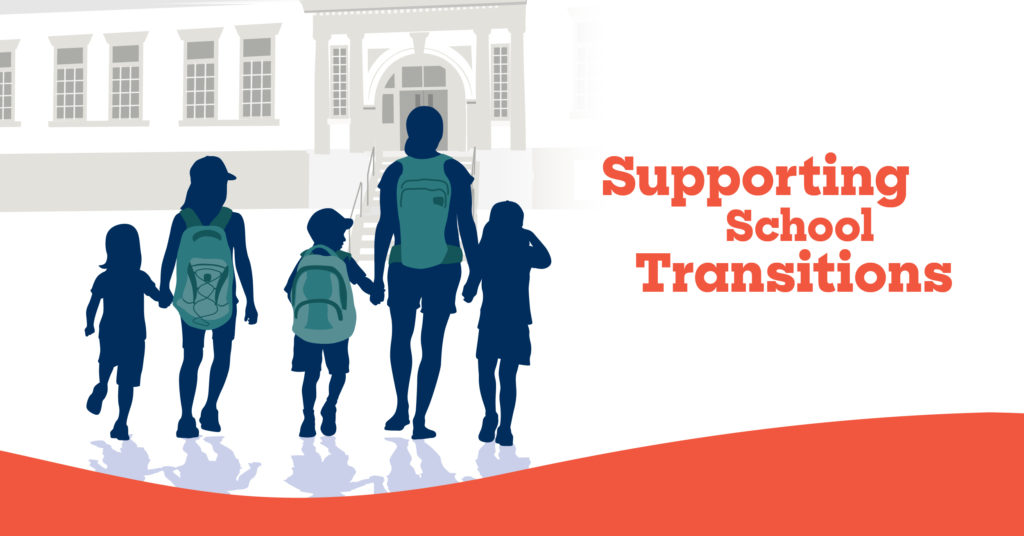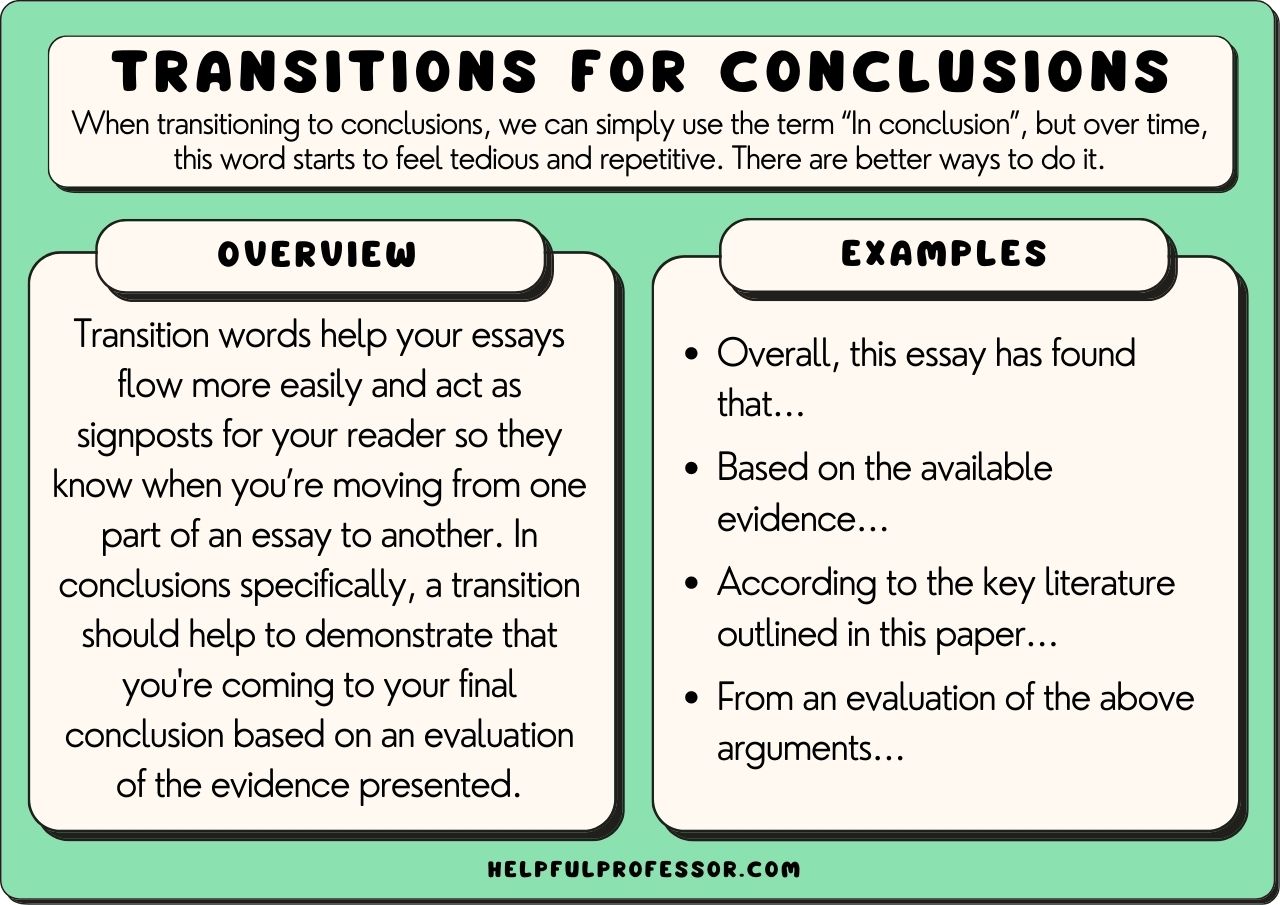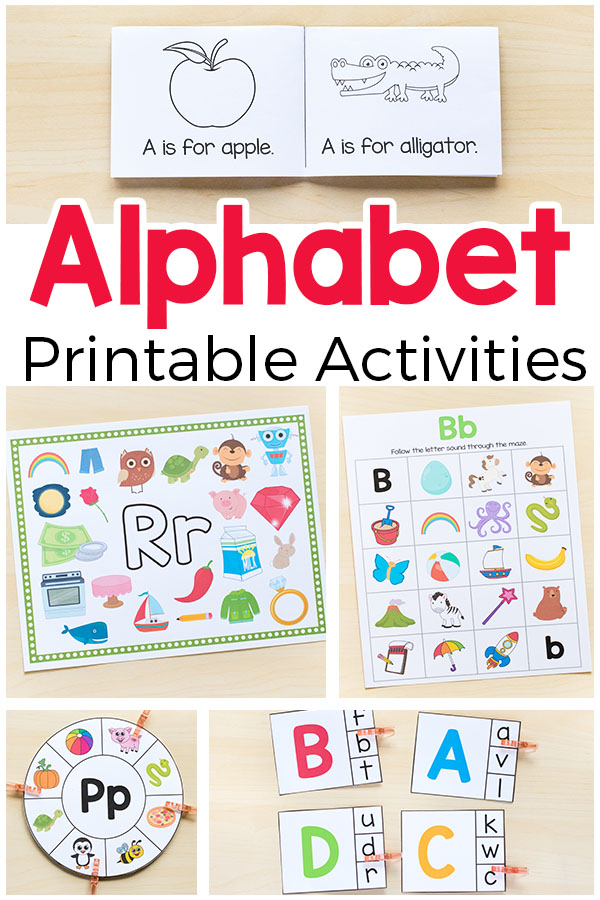Academic transitions can be challenging, both for students and educators. A successful transition can set the tone for a student’s confidence and motivation. By actively engaging in strategies aimed at easing this process, we can ensure students feel supported every step of the way. 
The Need for Support During Academic Transitions
Supporting students during academic transitions is crucial as it provides them with the necessary tools and guidance to navigate new challenges. Transitioning to a new environment, subject, or even a different level of education can be overwhelming. By focusing on providing structured support, we can help students acclimate to new scenarios, ensuring they don’t feel lost or unsupported. When students are prepared and know that help is available, their chances of success increase significantly.
Significance of Guidance in Academic Transitions
Providing assistance during academic transitions fosters resilience and adaptability in students. These skills are essential not only for academic success but also for life beyond school. When students receive the support they need, they develop a sense of belonging and confidence that encourages them to embrace change rather than fear it. This foundational belief can lead to greater engagement in their studies and a more positive attitude toward learning.
Optimal Times for Supporting Students
Effective support can be provided at various key moments during the academic calendar. Times such as the start of a new school year, transitioning between grade levels, or beginning a new subject are ideal. Each of these moments presents unique challenges for students, making targeted support essential. Noticing signs of struggle during these critical times can lead to timely interventions that greatly benefit students’ adaptability and success.
Enhancing Student Experience Through Support
When fostering an environment of support during transitions, students gain a clearer path to success. This encouragement helps them develop academic skills while also enhancing their social-emotional well-being. With access to the right resources and strategies, transitions become less daunting, paving the way for a more fulfilling educational journey. As students feel empowered and equipped, their engagement levels rise and they begin to thrive in their new environments.
Frequently Asked Questions
-
What strategies can help students during transitions?
Utilizing tools like checklists, introductory sessions, and mentorship programs can assist students in acclimating to new academic settings.
-
How can teachers identify students needing additional support?
Observing students’ behaviors, academic performance, and emotional responses can help in pinpointing those who may be struggling.
-
What role do parents play in supporting academic transitions?
Parents can facilitate discussions about transitions and provide reassurance and encouragement, helping to ease students’ anxieties.
-
Are there specific resources available for helping students?
Many schools offer counseling services, workshops, and online platforms where students can find assistance tailored to transitions.
How to Support Students During Academic Transitions
The primary target of supporting students during academic transitions is to ensure a seamless adaptation to new challenges. In my experience, facilitating a workshop at the beginning of the school year helped ease students into their new environment. During this workshop, I provided various tips and resources for students, including classroom transition ideas and strategies for managing workload. These interactive sessions generated valuable feedback and encouraged students to share their own transition journeys.

Through these experiences, I witnessed firsthand how powerful understanding and preparation can be for students facing significant changes.
Closing Thoughts on Supporting Students During Academic Transitions
Rallying around students during their academic transitions is a powerful way to foster a more resilient and confident learner. Through structured support, open communication, and accessibility to resources, we can cultivate an atmosphere where students not only survive but thrive. Preparing students for these shifts ensures that they view change as an opportunity rather than an obstacle, guiding them toward a successful academic future.
If you are looking for Supporting students to develop transition skills during times of you’ve visit to the right place. We have 8 Pics about Supporting students to develop transition skills during times of like 3 Ways Social-Emotional Learning Supports Students’ Transition to New, Supporting students to develop transition skills during times of and also 100+ Important Transition Words and Phrases with Examples – English. Read more:
Supporting Students To Develop Transition Skills During Times Of

www.qaa.ac.uk
academic develop transition uncertainty supporting skills students times during essay combatting misconduct mills qaa author
Classroom Transitions Ideas – The Core Coaches | Classroom Management

www.pinterest.com
transitions routines instructional
The Importance Of Transition – St Catherine's School

www.stcatherines.net.au
Tips For Supporting Students Who Struggle With Transitions

katieisateacher.com
3 Ways Social-Emotional Learning Supports Students’ Transition To New

www.cfchildren.org
transition students transitions vert pearsall cfchildren
Student Transitions Guide: Supporting New Students In Your School

resourcebank.ca
student
35 Transition Words For Conclusions (2024)

helpfulprofessor.com
100+ Important Transition Words And Phrases With Examples – English

englishstudyonline.org
transition phrases linking sentences birthday
35 transition words for conclusions (2024). Academic develop transition uncertainty supporting skills students times during essay combatting misconduct mills qaa author. 3 ways social-emotional learning supports students’ transition to new



